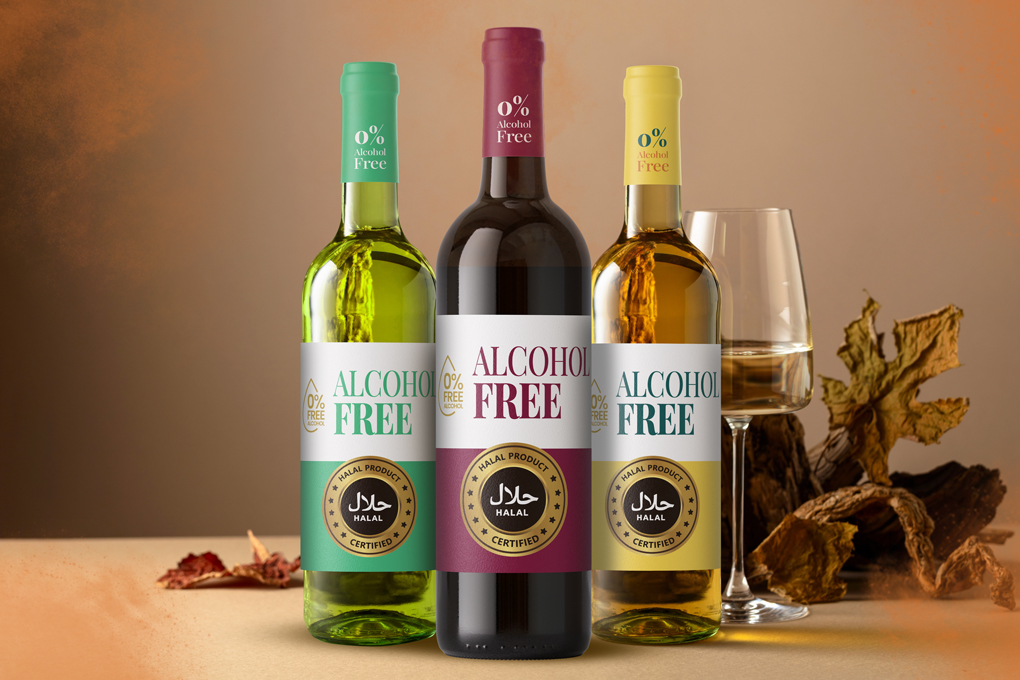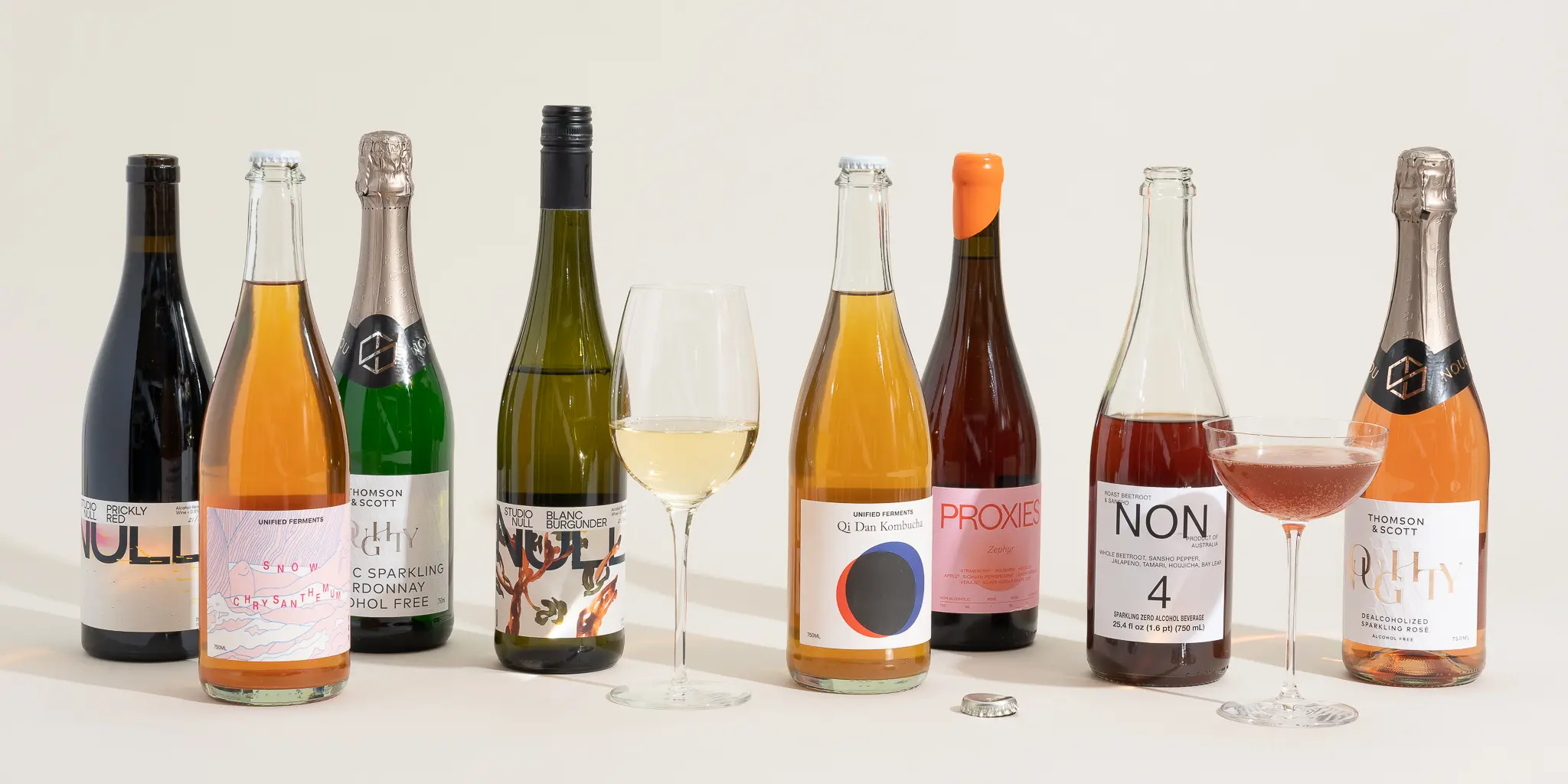The world of wine is evolving, and alcohol-free wine has emerged as a sophisticated alternative that’s capturing the attention of health-conscious consumers and wine enthusiasts alike. Gone are the days when non-alcoholic wine was considered a poor substitute for the real thing. Today’s alcohol-free wines offer complex flavors, elegant aromas, and genuine wine-drinking experiences without the intoxicating effects. Whether you’re pregnant, driving, managing your health, or simply curious about reducing alcohol consumption, alcohol-free wine presents an opportunity to enjoy the ritual and pleasure of wine drinking while maintaining complete sobriety. This comprehensive guide explores what alcohol-free wine actually tastes like, who benefits most from drinking it, and why it’s becoming a mainstream choice for discerning drinkers seeking both pleasure and wellness.
What Does Alcohol-Free Wine Actually Taste Like?
Alcohol-free wine retains many of the original flavors and aromas found in traditional wines, though with some notable differences. The taste profile varies depending on the wine variety and production method, but several common characteristics define the non-alcoholic wine experience.
White alcohol-free wines typically showcase fruity and refreshing qualities, featuring light fruit flavors such as green apple, citrus, tropical fruits, and hints of stone fruits. These wines maintain their characteristic crispness and acidity, delivering a pleasant and refreshing drinking experience.
Red alcohol-free wines offer smooth and velvety textures with flavors ranging from ripe berries to dark cherries, complemented by notes of vanilla, chocolate, and subtle spice. While tannins remain present in alcohol-free reds, they may be less pronounced than in traditional wines.
Rosé alcohol-free wines showcase the delicate balance between red and white wine characteristics, presenting flavors of fresh berries, floral undertones, and refreshing finishes.
The body and mouthfeel represent the most noticeable difference from regular wine. Since alcohol contributes significantly to wine’s texture and body, alcohol-free versions often feel lighter or thinner on the palate. However, modern production techniques have dramatically improved the structure and mouthfeel of non-alcoholic wines.
Health Benefits That Make It Worth Trying

Alcohol-free wine offers numerous health advantages that extend beyond simply avoiding alcohol’s negative effects. The polyphenols and antioxidants naturally present in grapes remain intact during the dealcoholization process, providing significant wellness benefits.
Heart health represents one of the most compelling reasons to choose alcohol-free wine. Polyphenols help relax blood vessels, improve blood flow, and reduce inflammation, leading to lower blood pressure and reduced cardiovascular disease risk. Studies have shown that moderate consumption of polyphenol-rich beverages can lead to significant blood pressure reductions.
Weight management becomes easier with alcohol-free wine, which contains significantly fewer calories than traditional wine. While regular wine contains around 125 calories per serving, alcohol-free versions typically contain only 20-50 calories. This dramatic calorie reduction makes it an excellent choice for those monitoring their weight.
Cognitive health benefits include potential protection against age-related diseases such as Alzheimer’s and Parkinson’s disease, thanks to the wine’s phytochemicals. Additionally, the antioxidants present may help slow the progression of these neurological disorders.
Who Should Consider Drinking Alcohol-Free Wine?
Several groups particularly benefit from choosing alcohol-free wine over traditional alternatives. Pregnant women can safely enjoy the wine-drinking experience without any risk to their developing babies. Designated drivers and those taking medications that interact with alcohol can participate fully in social wine-drinking occasions.
Health-conscious individuals managing conditions like diabetes, high blood pressure, or liver issues can enjoy wine’s flavors while supporting their wellness goals. The anti-diabetic potential of alcohol-free wine may even help reduce medication needs for Type 2 diabetes patients.
Professional drivers, athletes, and anyone requiring peak mental performance can indulge in wine culture without compromising their responsibilities or performance standards.
Alcohol-free wine represents a sophisticated compromise between pleasure and health, allowing a wider population to enjoy wine culture safely and responsibly while potentially gaining health benefits from grape-derived antioxidants and polyphenols.


